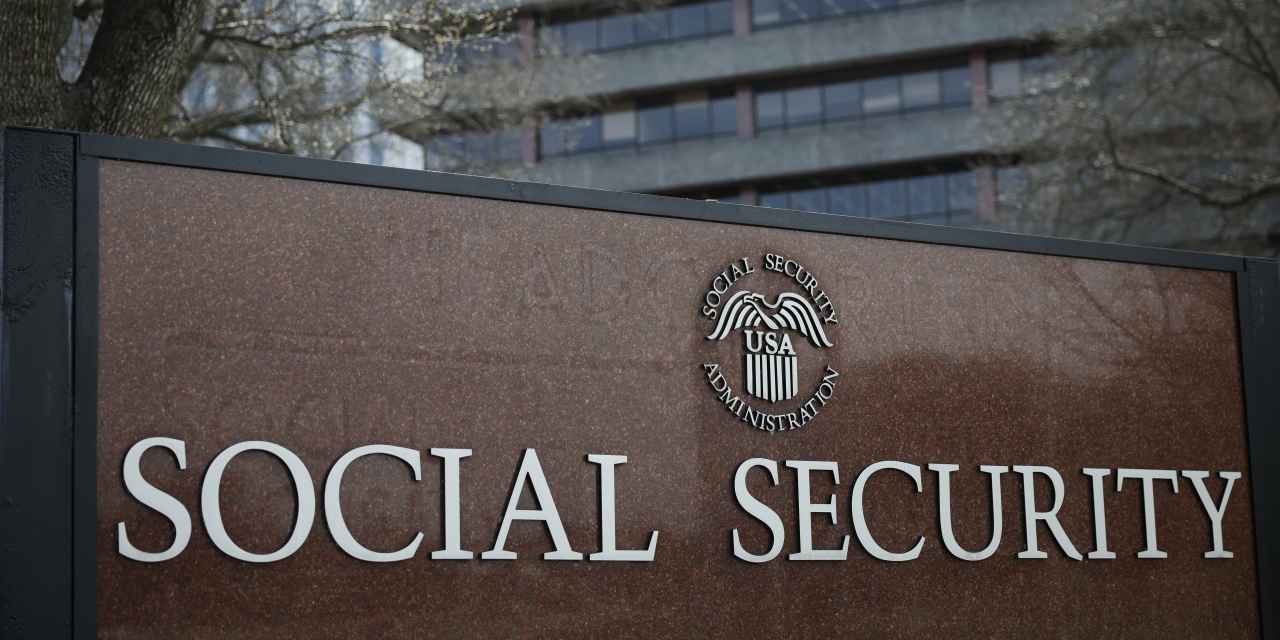Judge Temporarily Restricts DOGE Access to Social Security Data

Baltimore — On Thursday, a federal judge introduced fresh limitations on billionaire Elon Musk’s Department of Government Efficiency, curtailing its ability to access Social Security systems containing sensitive personal information about millions of U.S. citizens.
U.S. District Judge Ellen Hollander granted a preliminary injunction in the lawsuit filed by a coalition of labor unions and retirees. They claim that DOGE’s recent activities breach privacy regulations and pose significant cybersecurity threats. This decision follows her earlier issuance of a temporary restraining order.
Read more: Your Social Security number lies within the heart of DOGE’s extensive technological infrastructure upgrade. Could this put payments and personal information at risk?
The injunction permits DOGE employees to gain access to data that has been redacted or anonymized, provided they complete training and pass background checks.
At a federal court session held on Tuesday in Baltimore, Hollander frequently questioned the government’s legal representatives about why DOGE requires "apparently unrestricted access" to the administration's confidential personal data to detect Social Security fraud.
Members and pensioners from the union assembled at the courthouse steps to demonstrate against DOGE's moves, viewing them as a danger to the security of future Social Security entitlements.
"What exactly are we doing that requires all this information?" Hollander asked, wondering if much of the data could potentially be anonymized, particularly during the initial phases of analysis.
Lawyers representing the Trump administration argued that altering the procedure would hinder their progress.
"Although anonymization can be done, it is incredibly challenging," stated Attorney Bradley Humphreys from the Justice Department to the court.
He contended that DOGE access does not markedly diverge from standard procedures within the agency, wherein staff members and inspectors regularly have permission to query its databases.
However, lawyers representing the plaintiffs described it as an unparalleled development and "a significant shift" regarding how the agency manages confidential information such as medical and mental health records along with other details related to children and individuals with disabilities—"matters that are not only private but could be stigmatizing."
The mere act of accessing this information constitutes a privacy breach that inflicts damage upon Social Security beneficiaries, stated Alethea Anne Swift, an attorney affiliated with the legal advocacy organization Democracy Forward, which is spearheading the litigation.
“She stated that such interference induces an objectively justified sense of discomfort.”
Since President Donald Trump started his second term, the Social Security Administration has faced upheaval. In February, Acting Commissioner Michelle King resigned from her position after declining to grant DOGE staff members the access they sought.
The White House substituted her with Leland Dudek — who did not show up for Tuesday’s hearing despite Hollander requesting his attendance to address recent initiatives concerning DOGE. Last month, the judge sent a letter criticizing Dudek’s warnings that he could potentially halt agency activities or stop payments due to Hollander’s temporary restraining order.
She stated that the directive "does not affect regular activities at SSA," only staff involved with the DOGE initiative would be impacted.
Recently, Dudek has encountered demands for her resignation following an instruction she gave requiring Maine parents to enroll their newborns for Social Security numbers at a federal agency instead of the hospital. Although this directive was swiftly withdrawn, leaked emails indicated that it was intended as retaliation against Democratic Governor Janet Mills of Maine, who had resisted the Trump administration’s efforts to withhold federal funds from the state due to disagreements about policies concerning transgender athletes.
In spite of the tense political environment around the DOGE access issue, Hollander rebuked Humphreys when he indicated during Monday’s proceedings that her questions were beginning to resemble "a matter of differing policies."
"I am offended by your remark since my intention is merely to comprehend the system," the judge stated.
Hollander, aged 75, who was appointed to the federal judiciary by President Barack Obama, is the most recent judge to preside over a Dogecoin-related legal matter.
A lot of her questions on Tuesday were centered around determining if the Social Security case varies considerably from another Maryland lawsuit contesting DOGE’s ability to obtain information from three different government entities: the Education Department, the Treasury Department, and the Office of Personnel Management. In this previous case, an appellate court has lately overturned a temporary restraining order, thereby allowing DOGE renewed access to individuals’ personal details.
Hollander’s ruling might also face an appeal at the 4th U.S. Circuit Court of Appeals, which has previously supported the Trump administration in various matters, such as granting DOGE entry into the U.S. Agency for International Development and permitting executive orders targeting diversity, equity, and inclusion to proceed.
Post a Comment for "Judge Temporarily Restricts DOGE Access to Social Security Data"
Post a Comment